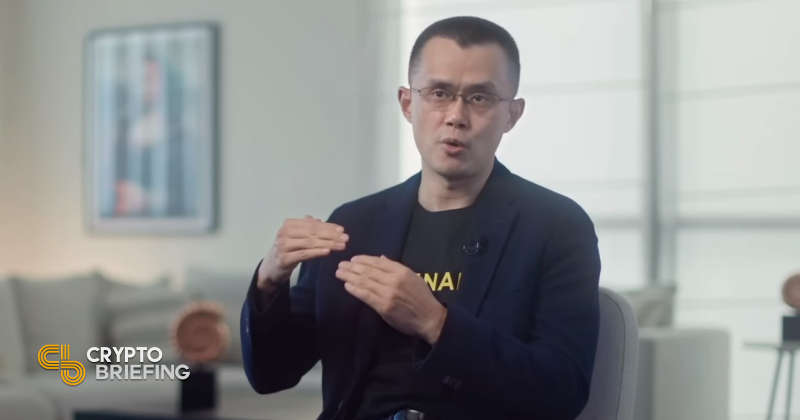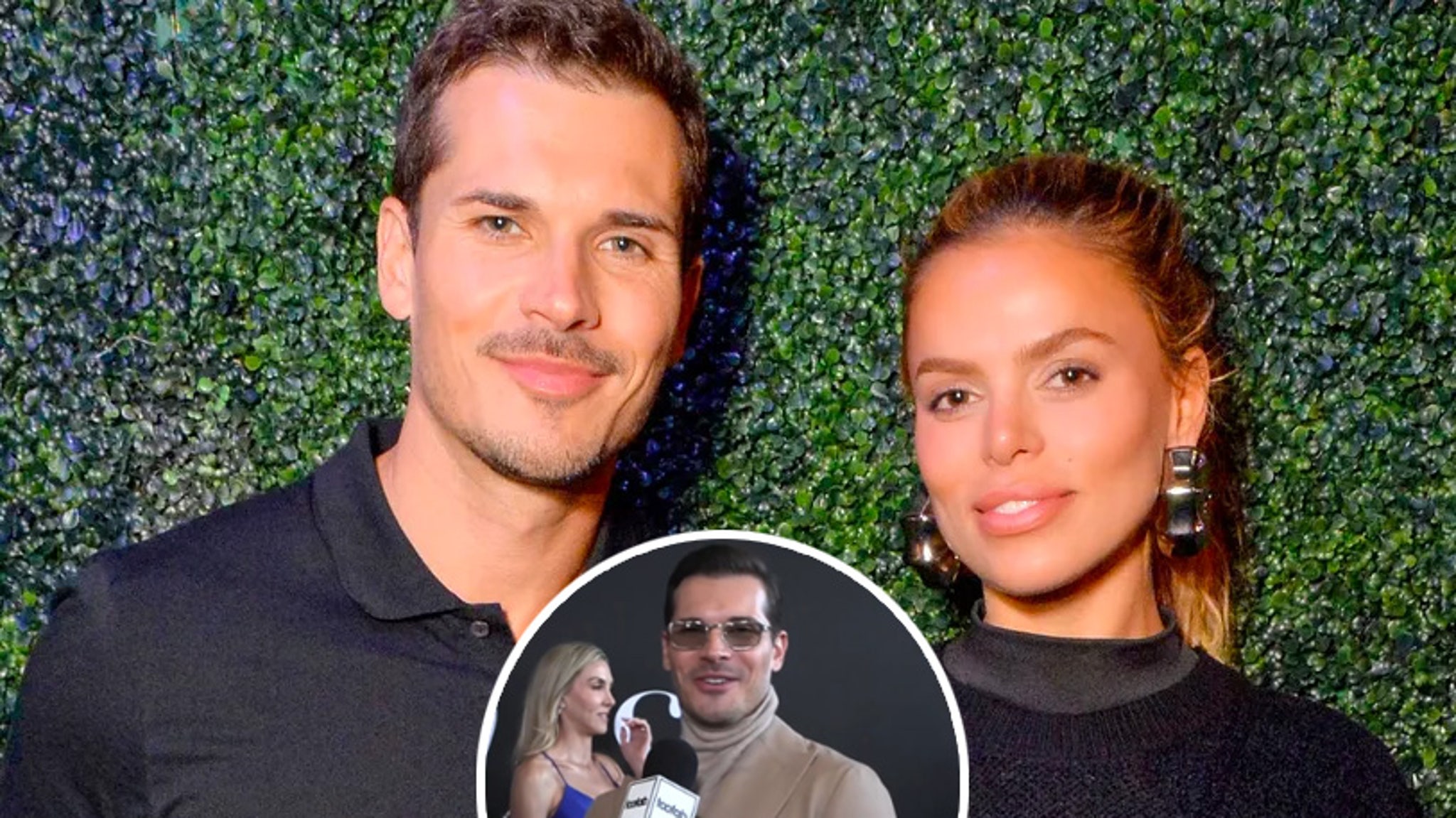Should politicians be boycotting individual journalists or even entire media houses? Has the Indian National Developmental Inclusive Alliance (INDIA), the Opposition alliance, made a mistake by releasing the names of 14 television anchors that it will no longer fraternise with? Or has it taken a legitimate decision? Can there be any circumstance where it is considered acceptable for a person in public life to pick and choose who they speak to?

In an ideal world, the answer to that question has to be a resounding no.
But we do not live in a Utopia. And in the real world, if we were to make an appraisal of India’s new channels and the relationship between media and politics, we would need a longer answer than a pithy yes or no.
No matter which side of the media boycott debate you are on, I can say this much. India’s broadcast media, through a series of self-inflicted wounds, has ensured that no matter who is in government, television news will find it very difficult to retain credibility, independence or authority going forward.
First, some home truths for those who live outside the world of news and politics. Boycotts have always existed. Just that they may never have been declared officially via a press statement. But for as long as I have been a journalist, there has been some politician or the other (in both camps) who has at some stage or the other, refused to grant me professional access or even access to meeting sources under his/her watch. Usually, this comes from a sulk about an adverse interview or commentary. Sometimes it stems from playing to an imagined gallery—a boss to please, a troll army to get hurrahs from and so on.
Politicians who maintain an open channel of professional communication notwithstanding critiques are the exception and not the norm. Personally, I can think of only two leaders who have shown that openness — LK Advani and Manmohan Singh. As a young reporter, I remember receiving the odd phone call from Advani to drop by for a cup of tea to amiably debate and disagree over some point or the other. Manmohan Singh, as Prime Minister (PM), was at the receiving end of scathing criticism. But he never blocked access to meeting officials in the PM’s Office and was always civil when he met you, even if he saw you as a “critic”. PM Narendra Modi has historically had an adverse view of much of the English language press since 2002 when he was chief minister based evidently on his belief that the liberal media was out to get him.
Since then, as PM, he has done multiple interviews, but only with journalists of his choosing, and no open, free-wheeling press meet. Rahul Gandhi has done multiple open press conferences, but his interviews have also been only with journalists he considers friendly, or at least not hostile to him.
The point is that unlike in the United States where the First Amendment has made free speech almost a cultural value, access to public figures is not institutionally guaranteed in India. “Access journalism” is caricatured as a pejorative. The truth is that if reporters cannot access their sources, if officials or netas are too terrified or wary of meeting you and speaking to you, it interferes directly with your ability to tell a story to your audience.
It is also true that the TV media’s descent into polarised political camps, banal shouting matches and vile hate-mongering makes it a medium that is tough to stand up for or get agitated over.
But INDIA’s public statement, aside from the fact that I am not a fan of any side’s cancel culture, confuses me. It lists individuals and not their organisations. So, is the boycott only of that one show by that one anchor? What about instances where the individual named is also the editor or the promoter of the network? Will there be no interviews on that channel as a whole?
Will Opposition governments withdraw advertising? Will young reporters who attend press conferences from that channel be asked to leave? Individuals, unless they are the bosses as well, hardly ever craft editorial policy. So, if it is about accountability, why are those at the top of the totem pole — powerful businessmen and influential owners — not being made answerable?
I am not a fan of boycotts — neither de facto nor actual. But political parties are all borrowing from each other’s playbooks. And the media is unlikely to be able to present a united or effective counter.
India’s channels, after all, are as polarised as they are polarising.
Barkha Dutt is an award-winning journalist and author. The views expressed are personal














